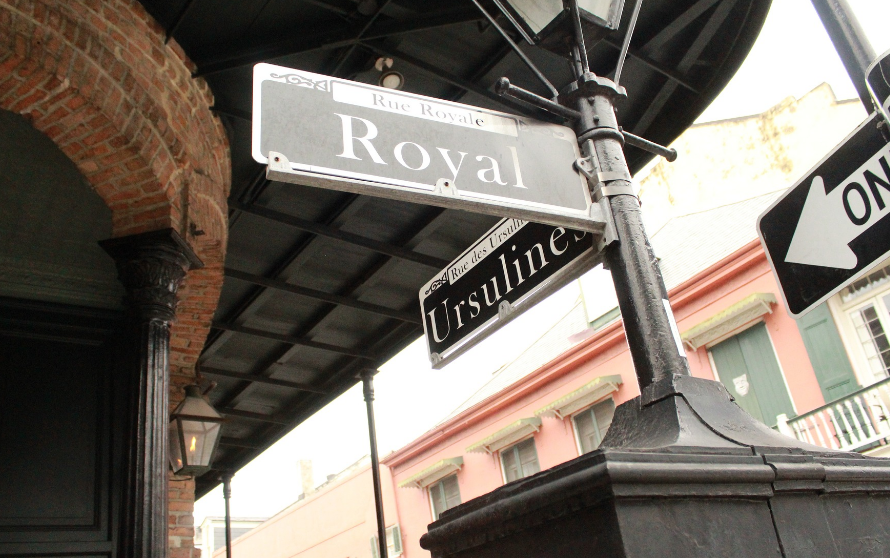Notice Non-Payment May Not Be Required for Louisiana Public Projects
For material suppliers furnishing to public projects in Louisiana, one court recently handed down a decision that notices of non-payment aren’t required. Even though the court has deemed a notice of non-payment optional, should you still serve the notice of non-payment? Yes!
Securing Bond Claim Rights in Louisiana
In Louisiana, on public projects, a payment bond is generally required for general contracts exceeding $25,000. As a best practice, you should attempt to obtain a copy of the payment bond at the beginning of the project. Louisiana is one of the handful of states that has a recurring notice, based on months furnished.
You should serve a notice of non-payment upon the owner and prime contractor within 75 days from the last day of the month for EACH month in which materials were furnished, but within the period in which a sworn statement must be filed. It’s a bit confusing – here’s an example:
Let’s say I furnished in October. If I have not been paid, I need to serve my notice of non-payment within 75 days from October 31st, which makes my notice deadline January 14, 2019. If I also furnish in November, and am unpaid for November, an additional notice of non-payment would be due February 13, 2019 (75 days from November 30th).
Generally, a notice of non-payment is not required when contracting directly with the prime contractor, when providing labor and materials or only labor, when the general contract has not been recorded, or to protect your rights under the payment bond.
The Court Says…
Jacob E. Roussel reviewed the recent case in his blog post, Court Rules That Supplier Notices of Non-Payment Are Not Required.
A material supplier contracted with a subcontractor who contracted with the GC, hired by the owner. The material supplier did not serve notices of non-payment, yet, when it remained unpaid, the material supplier filed a timely sworn statement of amounts due (aka bond claim). The claim made it to trial court, where the judge determined the subcontractor did owe money to the material supplier. However, the material supplier’s claim against the GC/owner was void, because the material supplier hadn’t served the notices of non-payment.
Then came the appeal…
The appellate court reversed the trial court’s decision, by clarifying “…a supplier’s failure to furnish the 75 day notice of non-payment only results in the supplier losing its right to a privilege against any unexpended funds in the possession of the owner.” According to Roussel, “The court stated that its interpretation of the statutes was consistent with the purpose of the Public Works Act, which is to protect those performing labor and furnishing materials for public works.”
While this decision has proven beneficial to the material supplier, it may not be in the best interest of all parties going forward. Roussel’s take for the GC:
“From a practical standpoint, this decision could result in suppliers no longer providing notices of non-payment to general contractors on public projects. Suppliers may conclude that the hassle of timely providing the notices is not worth of the benefit of preserving a privilege against any funds in the possession of the owner since the supplier can maintain a claim against the general contractor and surety regardless of whether it sends the notice of non-payment. As such, a general contractor may receive no notice throughout a project that a subcontractor has failed to pay a supplier, yet the general contractor can ultimately be liable to the supplier despite only learning of the unpaid amounts following substantial completion of the project.”
My take for the subcontractor/material supplier? It’s an avoidable risk. If a notice isn’t served, how will the owner and/or GC know you are on the job & expecting payment? Sure, you could just wait and serve up the bond claim, but does that make good business sense? Maintain open lines of communication with all parties: serve the notice.
Which leads me to an opportunity to repeat myself…
Why Serve a Notice if It’s Not Required?
Why not? I know – I shouldn’t answer a question with a question. Truthfully, serving a notice, even if it’s not required, increases the likelihood that you will be paid.


